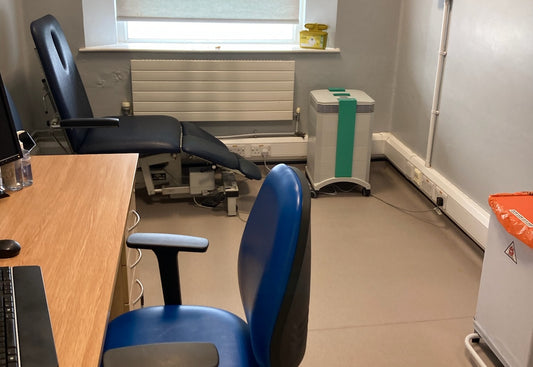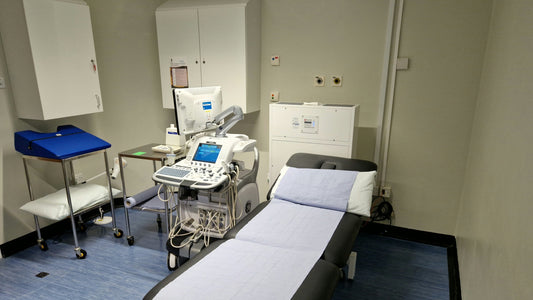Another important hospital infection is Clostridium difficile (C.diff). This bacterium is the most common cause of debilitating diarrhoea in the hospital setting. It's also an important cause of illness and death in care homes (around 80% of C.diff infections occur in people over 65). The infection spreads when people touch an infected person or a contaminated surface like a bedpan, toilet or floor. But C. diff also forms spores and research in a UK hospital, carried out by scientists in Yorkshire, showed the presence of the spores in the air. This was a preliminary study but the researchers wondered whether the possibility of airborne transmission might explain why C.diff can be hard to eradicate. A more recent paper found C.diff in the air around seven out of ten infected patients. Maybe infection control in hospitals and care homes have to look more closely at improved air purification. Air filtration integrated into HVAC systems is often always enough because the filtration efficiency that some of these air filtration systems can reach is often many times less than freestanding air cleaners. Proper hygiene standards in regard to airborne infection control will not only help infection control of aspergillosis but might also reduce the rate of Pseudomonas and C.diff related hospital infections.



